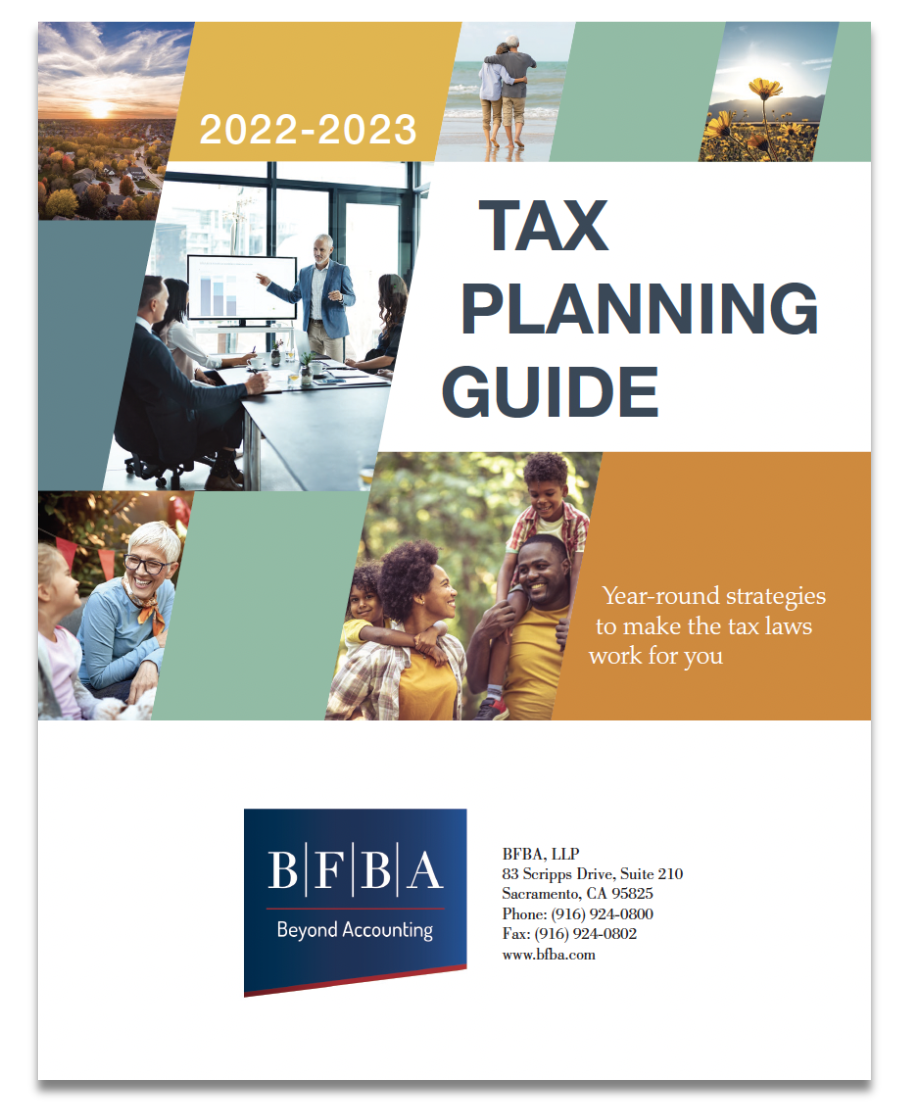Tax planning may be a real challenge this year.
Minimizing taxes is never easy. But in times of legislative and economic uncertainty, it can be a real challenge. To take advantage of all available breaks, you first need to be aware of relevant tax law changes that are going into effect — or that have expired. For example, the Inflation Reduction Act, signed into law in August, includes some tax breaks related to clean energy, plug-in electric vehicles and home energy improvements. But tax provisions intended to provide relief during the height of the pandemic generally have expired. You also can’t forget about the massive Tax Cuts and Jobs Act (TCJA) that generally went into effect four years ago, because the TCJA still significantly impacts tax planning. Finally, you need to keep an eye out for any new tax law changes that might still be signed into law this year and affect 2022 planning.
This guide provides an overview of some of the key tax provisions you need to be aware of. It offers a variety of strategies for minimizing your taxes in the current tax environment. Use it to identify the best strategies for your particular situation with your tax advisor, who also can keep you apprised of any new tax law developments that might affect you.
This guide includes content about:
- Income & Deductions
- Family & Education
- Investing
- Business
- Retirement
- Estate Planning
- Tax Rates
[Get The Guide]
This article is intended for educational purposes only and is not a substitute for obtaining competent accounting, tax, legal, or financial advice from a certified public accountant, attorney, or other business advisors. You should not act upon any of the information in this article without first seeking qualified professional guidance from your business advisors on your specific circumstances. The information presented should not be construed as advice or guidance from BFBA.
